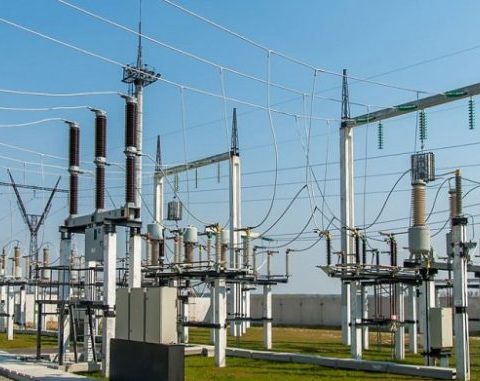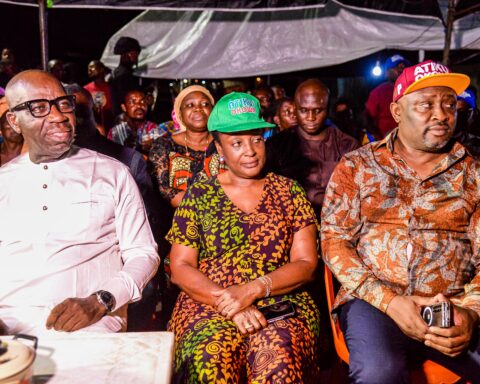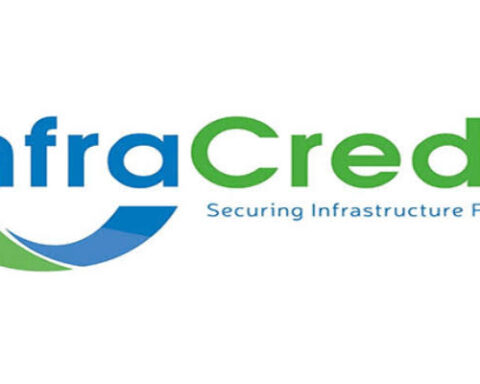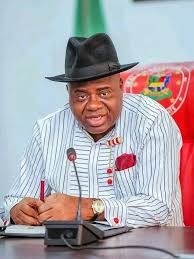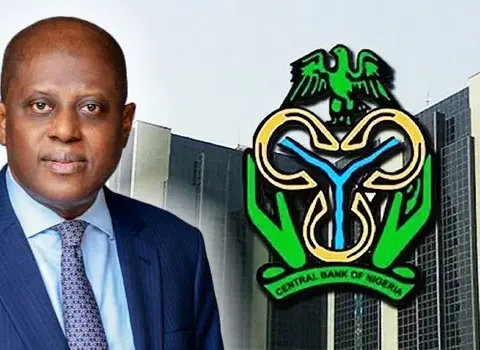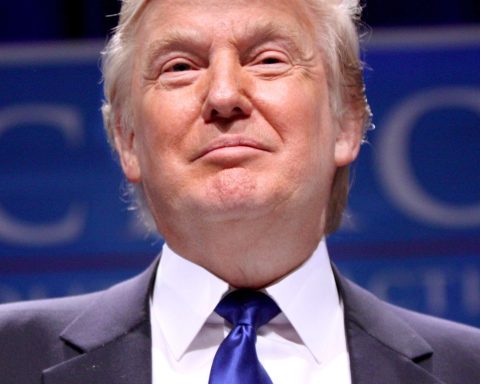Managing Director/CEO of the Rural Electrification Agency (REA), Abba Aliyu, has said the agency has completed the installation of 91 mini grids in six months as part of efforts to boost electricity supply in parts of the country.
These efforts are part of broader initiatives to bridge the energy gap in rural and underserved communities, leveraging renewable energy sources like solar power and hybrid systems.
Join our WhatsApp ChannelThese mini-grids are primarily solar-powered and often include battery storage or diesel backups to ensure reliability. They provide electricity to remote communities where grid extension is impractical or too costly.
The REA boss had earlier in the year announced plans to commission fully completed 60 mini grids in six months, started the deployment process for 40 interconnected mini grids, completed installation of mini grids in at least two of the eight public universities the agency is deploying mini grids to, one teaching hospital, and also started deploying mini grids in an additional five public universities.
Speaking in an interview on Channels Television’s Morning Brief, Aliyu said the agency exceeded its target of 60 mini grids, reaching 91 in the first six months of this year.
“Currently, we have delivered 91 mini grids,” Aliyu confirmed.
On the eight universities, Aliyu said he promised a minimum of two, but the agency has completed the eight, but currently conducting technical testing in four of them. According to him, the universities include the University of Nigeria, Nsukka, Modibbo Adama University, Yola, Federal University, Dutsin-Ma, Katsina State, and the Federal University of Technology, Owerri (FUTO).
For the interconnected mini grids, the REA CEO said they are working on deploying 42, with six having been fully completed.
READ ALSO: Nigerian Govt Launches N100bn Solar Project To Tackle Energy Cost In Public Institutions
He said the agency has signed a collaborative agreement with the new set of universities under the public sector solarisation initiative to power the institutions.
On the sustainability of the project, Aliyu revealed that there is private sector involvement. According to him, the private sector players have been given what he called capital grants that incentivise them to go into communities and deploy electricity infrastructure.
This, he said, would make the private sector players take control of the project implementation for efficiency and also enable them to achieve better returns on investments over a period of time.
Aliyu claimed that some rural communities enjoy a stable electricity supply after mini grid installation, but pay more. He explained that the tariff in communities using mini grids is often determined by the cost of infrastructure in those areas.
The mini-grids are typically hybrid renewable energy systems (HRES), combining solar photovoltaics (PV) with batteries or diesel generators. This design ensures a continuous power supply despite the intermittent nature of solar energy.
The REA has also established a centralized control center in Abuja to monitor and manage data from all mini-grids nationwide, enhancing operational efficiency and reliability.
Project Funding
The REA collaborates with private developers, international organizations, and local communities to deploy these mini-grids. Notable partners include Husk Power (aiming to deploy 500 mini-grids in Nigeria by 2026) and the Korea Institute for Advancement of Technology 28.
Funding, according to Aliyu, comes from diverse sources, including the World Bank, African Development Bank (AfDB), and Global Environment Facility (GEF). The Nigeria Electrification Project has secured $550 million in financing to support mini-grid and solar home system deployments
He said projects like the Energizing Agriculture Programme (EAP) focus on integrating mini-grids with agricultural value chains, boosting rural economies and creating jobs.
The agency aims to expand these efforts through initiatives like the Africa Minigrids Program (AMP), which targets cost reduction and scalable business models. The goal is to achieve universal electricity access in Nigeria by 2030.


